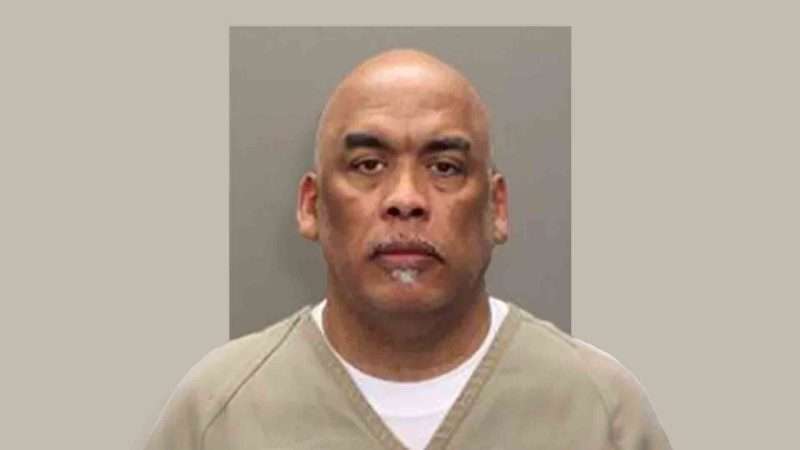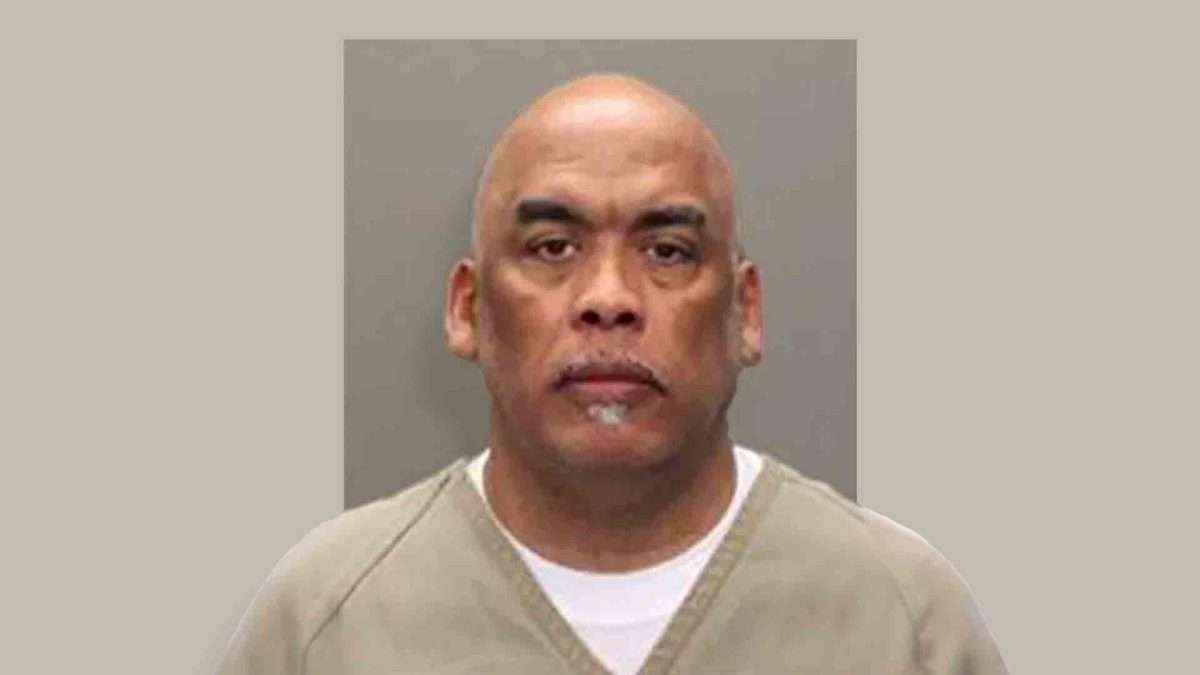J.D. Vance Has Changed a Lot Since the Days of Hillbilly Elegy

Vice-presidential nominee J.D. Vance's book, Hillbilly Elegy, came out in 2016—a few months before Donald Trump won a surprising presidential victory thanks in part to widespread support from within the Appalachian hollers that Vance wrote about. Although he grew up in southwestern Ohio, Vance's family was from the mountains of hard-scrabble eastern Kentucky.
"Elegy" offers a thought-provoking account of the difficulty poor people face as they try to transcend their circumstances. "How much of our lives, good and bad, should we credit to our personal decisions, and how much is just the inheritance of our culture, our families, and our parents who have failed their children?" he asked. The movie was less compelling, but it reinforced that point.
Trump recently said the book was about society's unfair treatment of working class men and women, but that suggests he never read it. Actually, the book focused on the ways poor people often sabotage their fleeting opportunities and blame others for their predicament. Vance went on to become a Marine, attend Ohio State, and earn a law degree from Yale.
My wife devoured the book—and was particularly moved by Vance's depictions of his awkward attempts to fit in among his classmates. She also grew up in a small coal town in Appalachia. Her lumberman father died young, leaving a wife and six daughters to subsist on government aid. Like Vance, she received a scholarship. When I met her at George Washington University, she had never taken a taxi, been in an elevator, or dined at a fancy restaurant.
Unfortunately, author Vance seems far different from vice-presidential nominee Vance. Power is tempting, but Donna and I have nevertheless cringed as he has espoused positions that seem at odds with his book's central point. Instead of recognizing that the American Dream is alive and well—and all of her sisters have lived successful lives—he now blames outsiders for the plight of the working class.
Vance also pitches big-government economic "populist" ideas and engages in nativism. His critics have pointed to his apparent hypocrisy. After all, he's a middle-class Midwestern suburbanite who attended an Ivy League school, married the daughter of immigrants, and is backed by Bay Area techies. I suspect his embrace of an ideology explains this shift more than raw ambition.
Tell-tale signs come from his speech at the Republican National Convention: "America is not just an idea. It is a group of people with a shared history and a common future. … (W)hen we allow newcomers into our American family, we allow them on our terms." He said that generations of Kentuckians died in wars and are buried in his family's cemetery, noting that, "People will not fight for abstractions, but they will fight for their homes."
I've read myriad critiques on some of Vance's statements, including noxious ones blasting childless cat ladies. That's basically right-wing edge-lording. But the fiercest critique comes in an Atlantic column addressing Vance's "insult to America." Writer Jessica Gavora recalls her dad's harrowing escape from Czechoslovakia after Soviet forces overran it: "My dad came here for a reason, and it wasn't the dirt of a graveyard."
I agree with Gavora, but then again my dad fled Nazi Germany and my maternal grandparents fled Russian pogroms. Almost all of the immigrants I meet—around here they're mostly from Latin America, Russia, and India—are among the most patriotic people I meet. My wife's Appalachian ancestors hailed from Poland before heading to work in the Pennsylvania coal fields. And what's this about requiring them to submit to "our terms"?
Vance's statement defines the central dividing line between paleo-conservatives such as Patrick Buchanan—and classical liberals such Ronald Reagan. The former believe America is a nation built by and for a specific people. They dislike free markets, which are corrosive of their cultural preferences. They want to vastly limit immigration. They have no problem with big government as long as they control it.
By contrast, classical liberals believe America is based on the universal idea of freedom and economic opportunity. They focus on reducing the size and power of government—and creating opportunities for everyone wherever they or their ancestors were born. Classical liberals may want an orderly immigration process, but they're more interested in turning immigrants into Americans than sending them home.
Classical liberals—and I count myself among them—view free trade as a wonder, not a threat. And while I'm a long-time critic of America's endless foreign interventions and wars, I care (unlike Vance) about what happens in Ukraine. We believe in liberty for everyone, not just members of our clan.
The Democratic Party is hostile to freedom and progress in its own unique and terrifying ways. But I wish the Vance who wrote "Hillbilly Elegy"—rather than paleo-conservative changeling we now see on display—were the one on the GOP ticket to make that case.
This column was first published in The Orange County Register.
The post J.D. Vance Has Changed a Lot Since the Days of <em>Hillbilly Elegy</em> appeared first on Reason.com.




